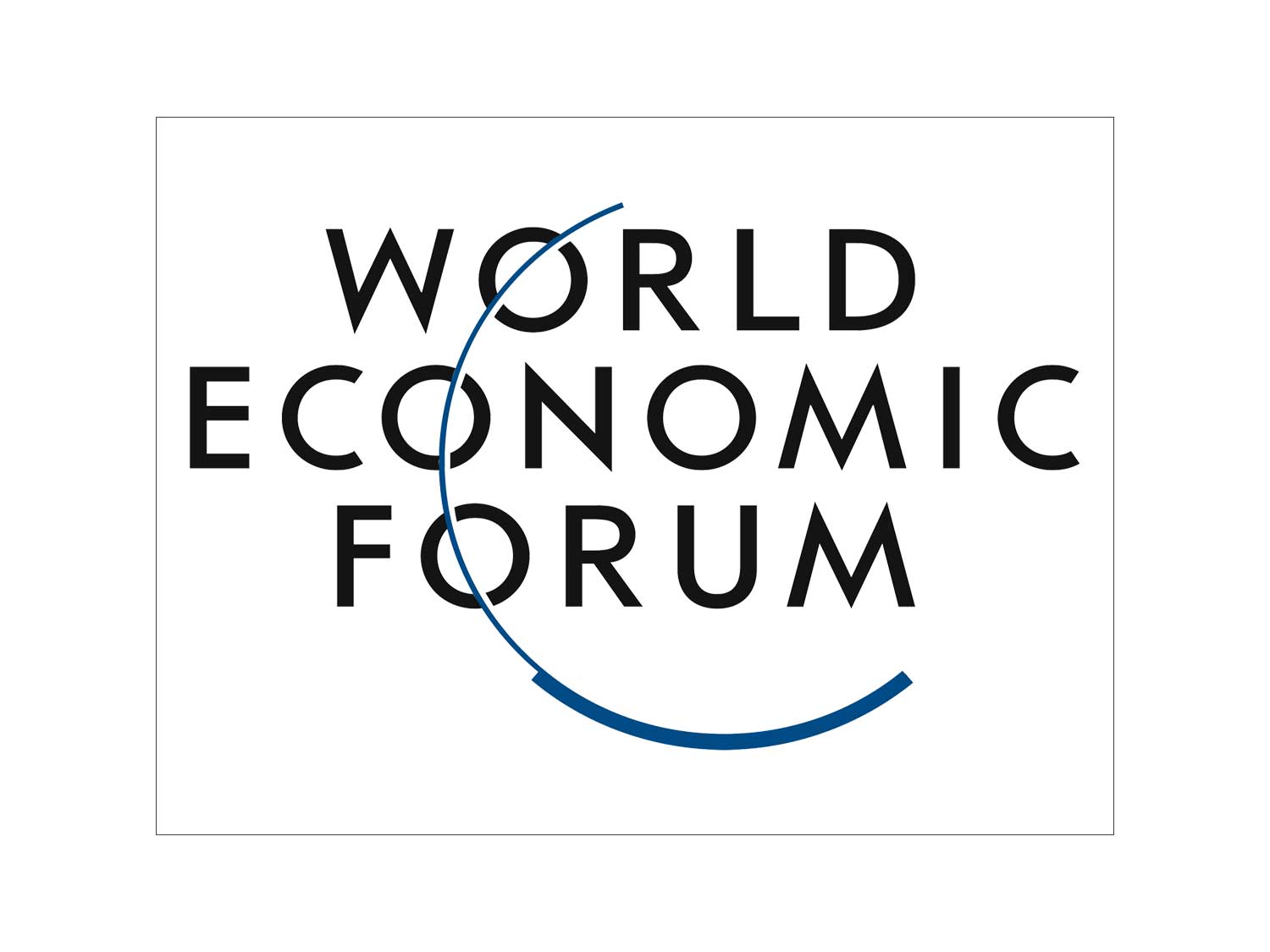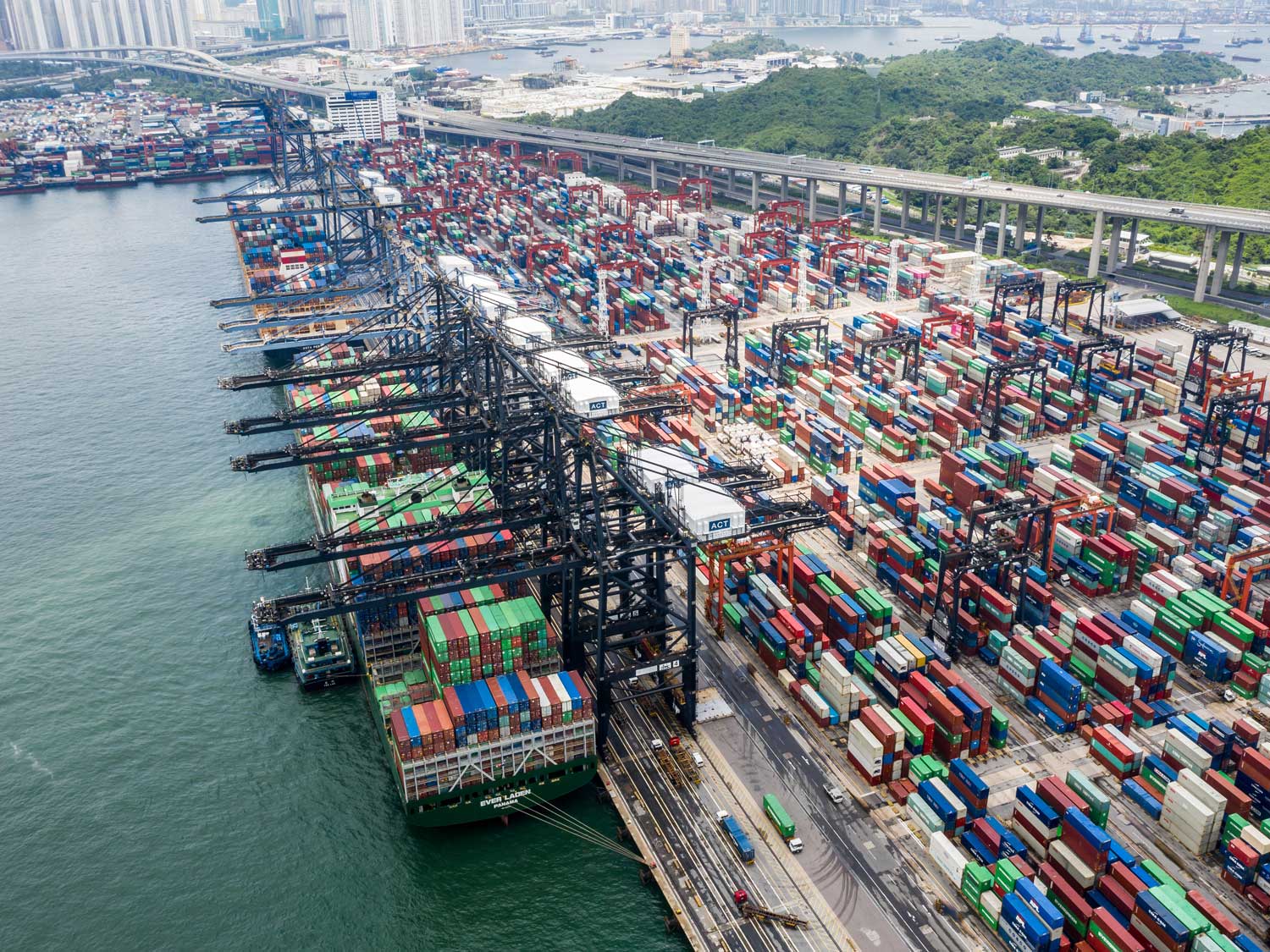The World Economic Forum (WEF) has identified eight points of resilience to help manufacturers and trading companies prepare for supply chain disruptions.
The qualities of the most resilient supply chains are based on a survey of 400 senior supply chain executives and representatives from government and academia.
Of those surveyed, only 12% of businesses were identified as “resilience leaders”, with the “remaining 88% needing to take immediate action to build resilience”.
This is all really quite interesting and worth a read and referencing from industry-leading ‘experts’ that sums up the current challenges faced across all sectors and industries, including the logistics field.
The report said the pandemic, cyber attacks, climate crisis and geopolitical tensions were leading to an increase in supply chain disruptions. Still, most companies were not prepared for such events, with 75% of respondents spending more than 75% of their time on resilience-related challenges.
Initially, this may seem a pessimistic synopsis on global activity, but this can actually be interpreted as optimistic and deliver advantage if action and strategy are applied using the data and findings from the report provided. This is why we have included it in this weeks circulation.
1) Inventory
Ensuring product availability with simplified portfolios designed to allow interchangeable inputs and production arrangements when supply shortages or factory interruptions occur.
Only 13% of companies displayed what the report called a “high degree of capability” in this regard.
2) Customer orientation
Smart customer orientation ensures demand can be met while remaining agile and flexible. This may be more of a long-term investment due to the challenges of shared manufacturing space across business divisions, regions and even industries.
3) Financial viability
Financial health across end-to-end value chains is vital so that companies can adjust their cost base to subsidise key suppliers, ensure input materials, and remain cash positive.
While larger companies are more likely to excel in this area, 86% of firms were either not prepared for major disruption or had to shed costs to cope with the financial implications of COVID-19.
4) Go-to-market channels
The WEF said 39% of businesses needed to urgently modernise their go-to-market approach if they want to remain ahead of market disruptions.
Diversified customer distribution networks incorporate multiple channels and automation to increase reliability.
Smaller firms are more successful at this than larger ones, with 64% of smaller firms adapting to customers’ changing needs, such as new channel preferences, new geographies, or new customers.
5) Logistics
Strong logistics systems are “the holy grail” to many firms, yet only 14% of companies felt satisfied in their logistics setup.
A strong logistics system relies on close collaboration and focuses on building long-term relationships between firms and their logistics partner across the supply chain.
6) Manufacturing networks
Resilient and responsive manufacturing networks allow for production continuity by adapting production locations and products as necessary. The report found 40% of firms were still “highly dependent” on region-specific manufacturers, which may limit adaptability.
7) Supplier landscapes
Companies that are reliant on particular suppliers, regions or commodity products are “vulnerable” to disruptions.
Striking a balance between diversifying the supplier base and creating strategic partnerships with key vendors is “crucial” to protecting the availability of essential materials.
As a result of COVID-19, 13% of firms have already begun to improve their balance in this area, and a further 47% said they were in the process of developing their supplier strategy.
8) Advanced planning
With just 12.5% of companies – predominantly consumer and retail – incorporating new technologies and planning tools to quickly and effectively adapt to change, an overwhelming majority still need to transform their supply chain to sense shifts in demand.
We proactively invest in many ways (including intellectually and financially) to power the supply chains of both our British and international customers, with our freight management and outsourcing teams and our multi-award winning MVT supply chain platform.
The MVT platform harnesses every supply chain participant, process, and milestone from suppliers and manufacturers to carriers, distribution networks, and, of course, our customers to provide the real-time visibility, control and intelligence necessary to create resilient, flexible and fit supply chains.
For further information on our MVT tool and to discuss how we can enhance your supply chains, please get in touch with Grant Liddell or Simon George.
We will deliver a bespoke, unique and tailored solution, ensuring that your products are in the right place, at the right time, with every available option available in the current global market. It is what we do and differentiates our culture.





